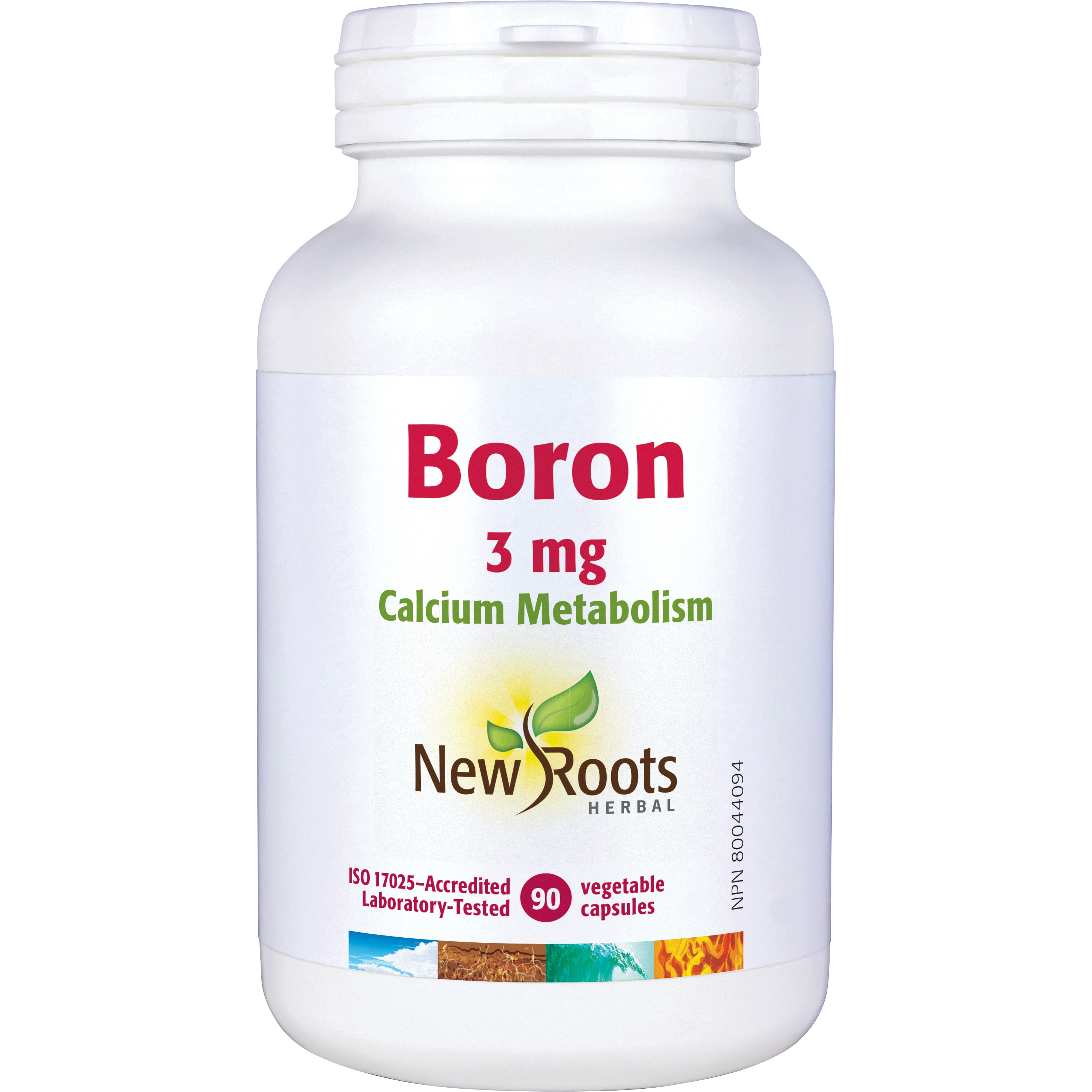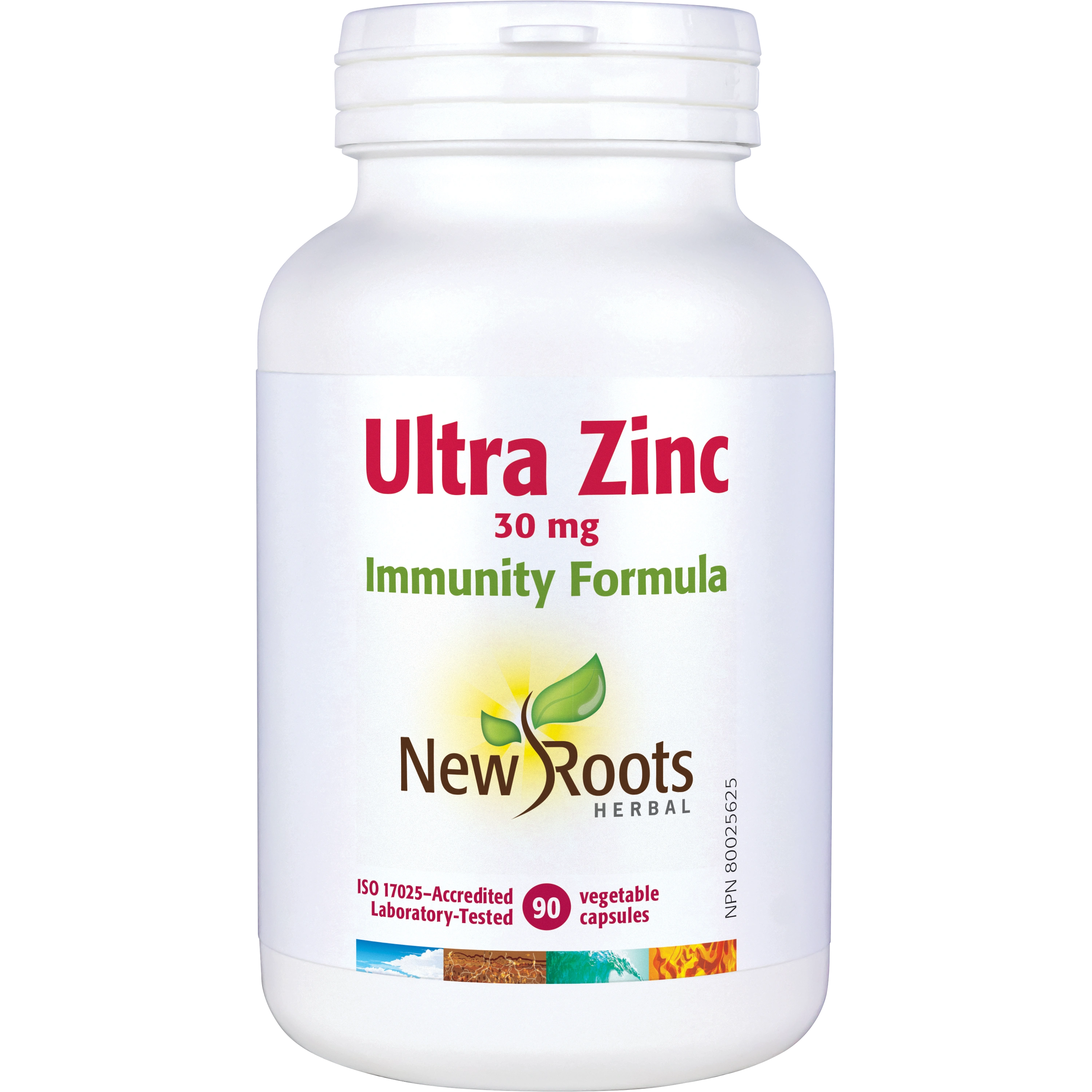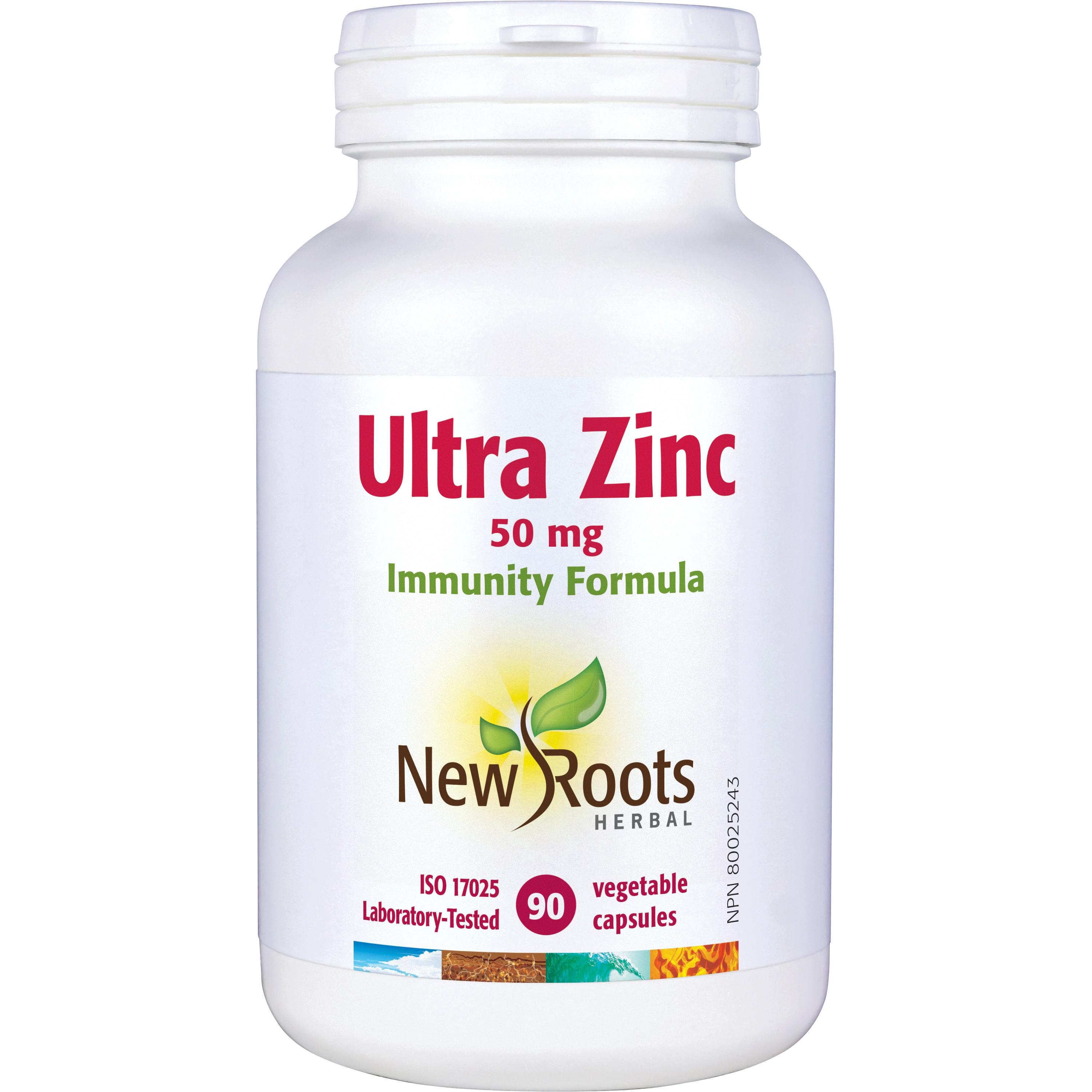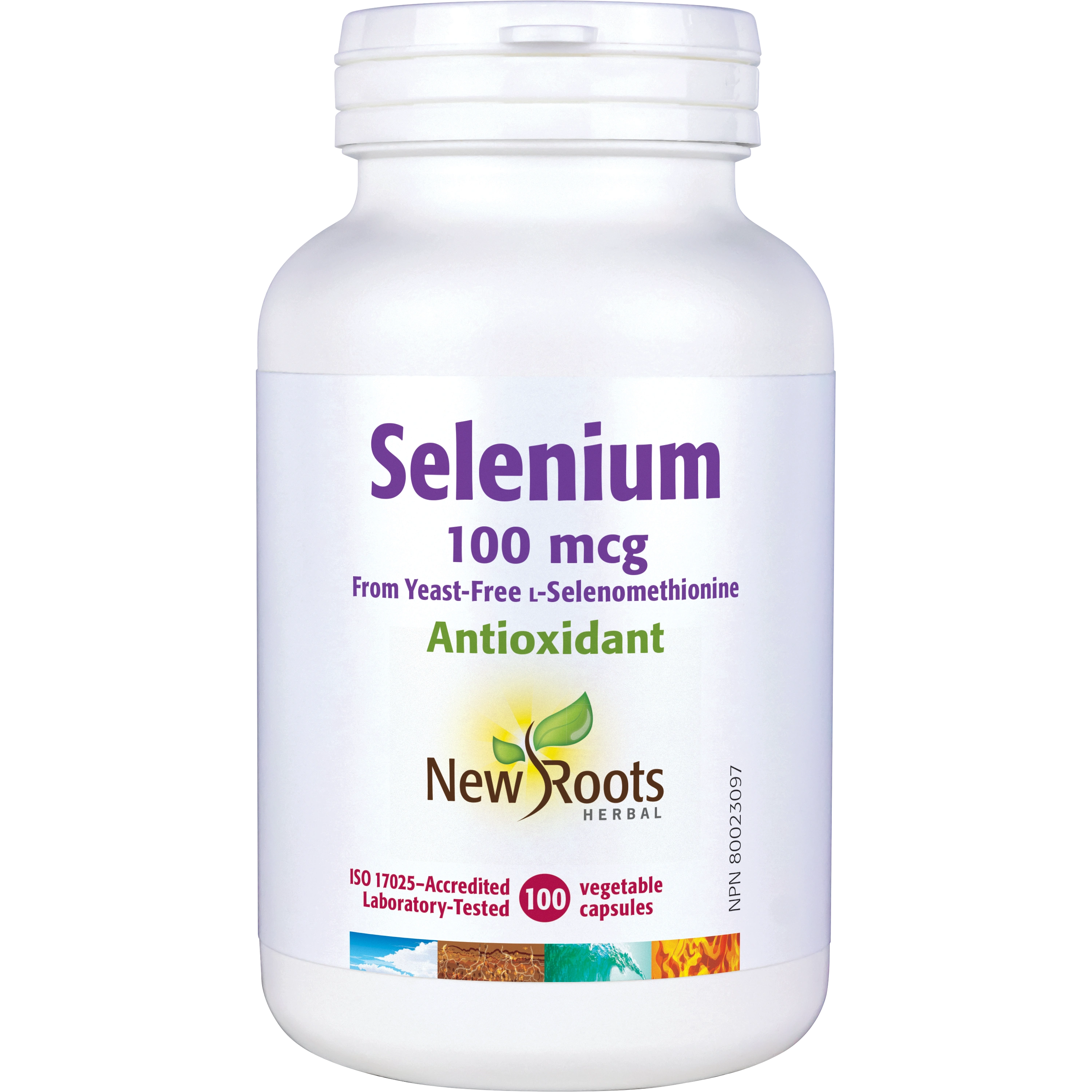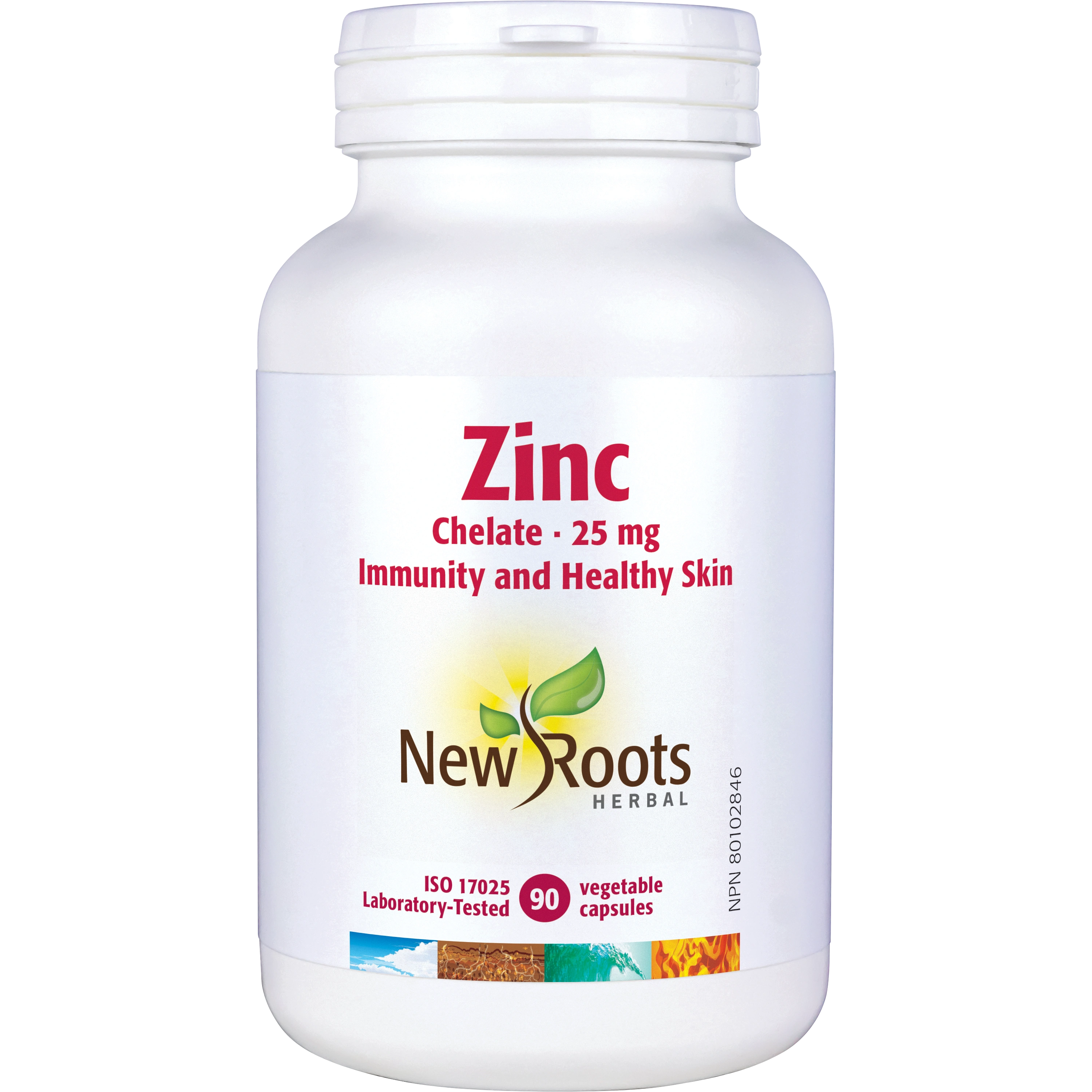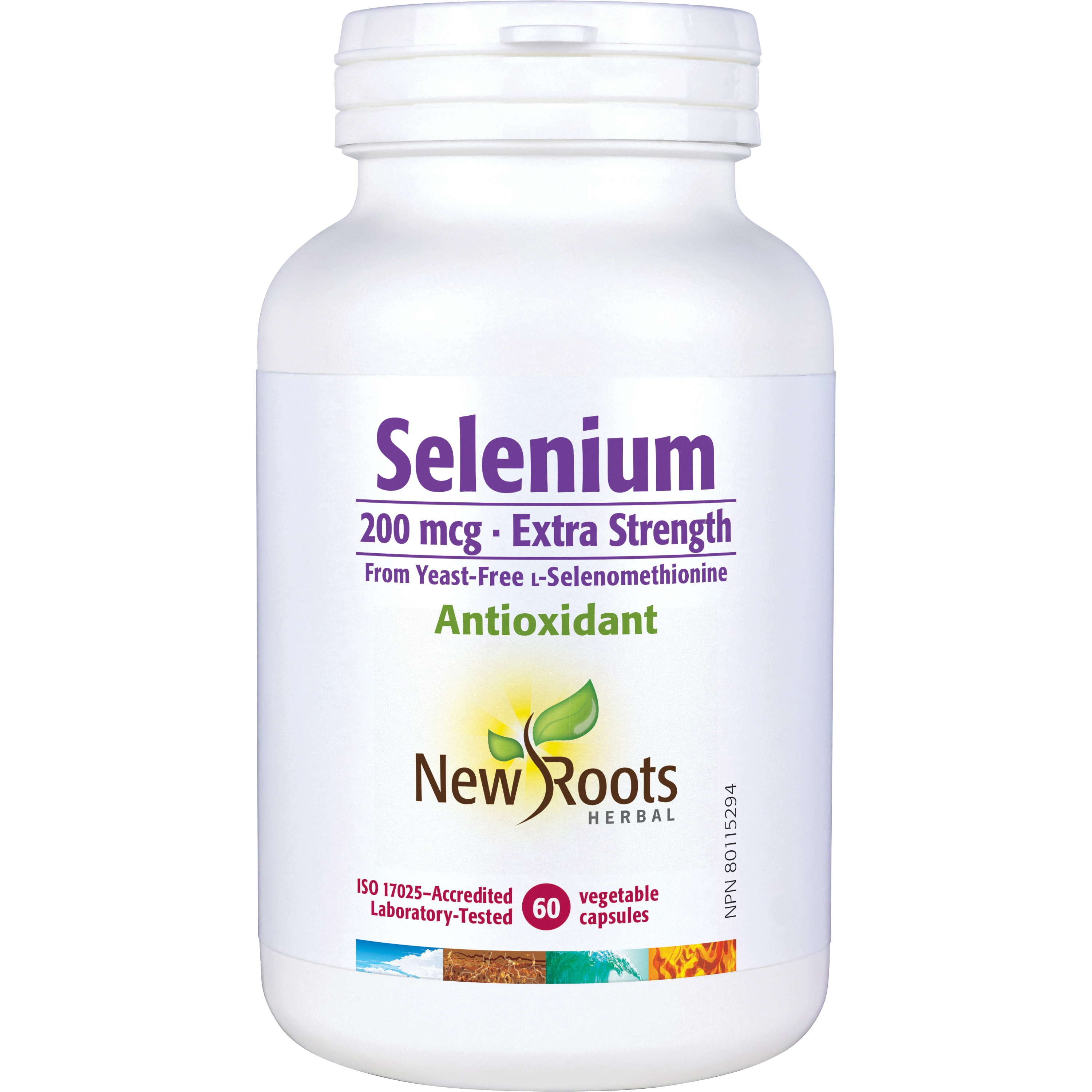The Uncool Supplements Nobody Talks about… but Should!
In the world of supplements, we often gravitate toward familiar favourites like omega‑3s, probiotics, and vitamin D—all nutrients that many people are commonly deficient in and that offer well-documented benefits. While these staples certainly deserve their place, there’s a whole category of lesser-known vitamins and minerals that are just as essential and often overlooked. In fact, more people could benefit from these unsung nutrients than we might think. Let’s shine a light on a few of these underrated heroes.
Zinc: The Unsung Hero of Everyday Health
Even though this supplement starts with the last letter of the alphabet, it definitely shouldn’t finish last on your list of daily essentials. Zinc is one of the most important trace elements in human nutrition, playing a role in hundreds of physiological functions.
For men, zinc supports healthy testosterone metabolism and may help maintain normal testosterone levels, especially in cases of marginal deficiency. It may also contribute to male reproductive health, supporting sperm quality in terms of count, motility, and morphology.
Zinc is essential for a strong immune system, widely recognized for its role in the development and function of T cells, key players in your adaptive immune response. However, its influence extends beyond T cells. Zinc also supports the activity, survival, and regulation of monocytes, natural killer cells, B cells, and various T cell subsets. These immune cells work together to mount an effective defense against pathogens, and when zinc levels are insufficient, their function can be significantly impaired.
Mild deficiency may weaken both innate and adaptive immunity, while chronic deficiency can actually lead to increased inflammation, contributing to conditions like rheumatoid arthritis and other inflammatory disorders.[1]
Beyond immunity, zinc also supports over 300 enzymes involved in key biological processes like DNA synthesis, gene expression, cell repair, and tissue regeneration,[2] making it an essential mineral for total-body health.
Due to its abundance in the epidermis, the skin’s outermost protective layer, zinc plays a vital role in maintaining skin integrity, and even mild deficiency has been associated with roughened skin and impaired wound healing. In fact, zinc deficiency has been consistently linked to delayed wound healing and compromised skin repair.[3]
Beyond its dermatological benefits, zinc contributes to the maintenance of healthy connective tissue and supports cognitive function. It also plays a key role in the metabolism of carbohydrates, fats, and proteins, making it essential for energy production and overall wellness.

Selenium: More Than Just an Antioxidant
Selenium is often recognized for its potent antioxidant properties, particularly through its role in increasing levels of glutathione peroxidase, a crucial enzyme that helps reduce lipid peroxidation.[4] Lipid peroxidation occurs when fats in your cells are damaged by free radicals, unstable molecules generated by stress, pollution, poor diet, or aging. This type of cellular damage can weaken cell membranes, promote inflammation, and contribute to aging and chronic disease.
But selenium does far more than combat oxidative stress. It plays a vital role in thyroid hormone metabolism, specifically by supporting the conversion of thyroxine (T4) into triiodothyronine (T3), the active form of thyroid hormone that the body uses at the cellular level.[5] This conversion is essential for maintaining a healthy metabolism. Hypothyroidism, a condition marked by underactive thyroid function, is often associated with lower levels of active T3, which can lead to symptoms such as fatigue, unexplained weight gain, sensitivity to cold, and sluggish metabolism.
Selenium, alongside iodine, may help support optimal thyroid function, particularly in individuals with low selenium status or those affected by autoimmune thyroid disorders such as Hashimoto’s thyroiditis. Ensuring adequate intake of this mineral may help promote more efficient thyroid hormone activation and better metabolic balance.
Emerging research also highlights selenium’s role in reproductive and hormonal health. In women with polycystic ovary syndrome (PCOS), selenium may help support hormonal balance and improve metabolic markers.[6] In men, selenium is essential for sperm motility and morphology, and deficiency has been linked to reduced fertility.[7] Ensuring adequate selenium intake may therefore be an important factor in supporting both male and female reproductive health.
Additionally, some studies have explored selenium’s potential antiviral properties, particularly in the context of HPV and HIV,[8] though more research is needed to fully understand its role in immune defense against these viruses.
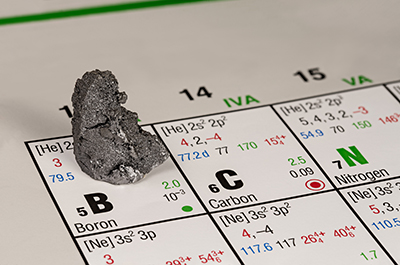
Boron: Supporting Bone Strength and Hormonal Balance
Boron plays a dual role in maintaining bone health and regulating sex hormones; two systems that are deeply interconnected.
Research shows that boron is essential for osteogenesis, the formation of bone tissue. A deficiency can impair bone development and slow healing. Supplementation has been shown to reduce urinary loss of calcium and magnesium, improve their absorption, and enhance their incorporation into bone.[9] These effects may be partly due to boron’s ability to inhibit the breakdown of 17β-estradiol, a hormone critical for bone density. Boron also boosts levels of 25-hydroxyvitamin D3, further supporting skeletal and hormonal health.[10]
On the hormonal front, boron helps regulate estrogen and testosterone, particularly during life stages marked by hormonal shifts, such as menopause and andropause. Studies show boron can increase estradiol in women and free testosterone in men.[11]
A key mechanism is boron’s interaction with sex hormone-binding globulin (SHBG). This protein binds tightly to testosterone and estradiol, limiting their availability. Boron appears to reduce SHBG’s binding affinity, resulting in higher levels of free, active hormones.[12] This shift has been linked to improved energy, libido, mood, and cognitive function.
In men, boron also reduces inflammatory markers such as IL‑6, CRP, and TNF‑α, reinforcing its benefits for both hormonal and immune health.[13]
Together, these actions position boron as a vital micronutrient for bone integrity, hormonal balance, and healthy aging.
While they may not have the spotlight, zinc, selenium, and boron are far from ordinary. These overlooked nutrients support everything from immune resilience and hormone balance to bone health and fertility. In a wellness world obsessed with trends, it’s time to give these quiet powerhouses the attention they deserve. Sometimes, the most effective solutions aren’t flashy: they’re simply essential.

Annick Moffatt, ND
With more than 20 years of experience in the health domain, first in psychology, then as a naturopathic doctor, she brings a holistic approach to health problems.
References
[1] Bonaventura, P., G. Benedetti, F. Albarède, and P. Miossec. “Zinc and its role in immunity and inflammation.” Autoimmunity Reviews, Vol. 14, No. 4 (2015): 277–285.
[2] Kiouri, D.P., C.T. Chasapis, T. Mavromoustakos, C.A. Spiliopoulou, and M.E. Stefanidou. “Zinc and its binding proteins: Essential roles and therapeutic potential.” Archives of Toxicology, Vol. 99 (2025): 23–41.
[3] Lin, P.‑H., M. Sermersheim, H. Li, P.H.U. Lee, S.M. Steinberg, J. Ma. “Zinc in wound healing modulation.” Nutrients, Vol. 10, No. 1 (2017): 16.
[4] Hussein, O., M. Rosenblat, G. Refael, and M. Aviram. “Dietary selenium increases cellular glutathione peroxidase activity and reduces the enhanced susceptibility to lipid peroxidation of plasma and low-density lipoprotein in kidney transplant recipients.” Transplantation, Vol. 63, No. 5 (1997): 679–685.
[5] Alehagen, U., J. Alexander, J.O. Aaseth, A. Larsson, and T.B. Opstad. “Supplementation with selenium and coenzyme Q10 in an elderly Swedish population low in selenium—Positive effects on thyroid hormones, cardiovascular mortality, and quality of life.” BMC Medicine, Vol. 22 (2024): 191.
[6] F. Hajizadeh‑Sharafabad, J. Moludi, H. Tutunchi, E. Taheri, A. Izadi, and V. Maleki. “Selenium and polycystic ovary syndrome; current knowledge and future directions: A systematic review.” Hormone and Metabolic Research, Vol. 51, No. 5 (2019): 279–287.
[7] Mojadadi, A., A. Au, W. Salah, P. Witting, and G. Ahmad. “Role for selenium in metabolic homeostasis and human reproduction.” Nutrients, Vol. 13, No. 9 (2021): 3256.
[8] Pourmoradian, S., L. Rezazadeh, H. Tutunchi, and A. Ostadrahimi. “Selenium and zinc supplementation in HIV-infected patients.” Vitamin and Nutrition Research, Vol.94, No. 2 (2024): 153–159.
[9] Nielsen, F.H., C.D. Hunt, L.M. Mullen, and J.R. Hunt. “Effect of dietary boron on mineral, estrogen, and testosterone metabolism in postmenopausal women.” FASEB Journal, Vol. 1, No. 5 (1987): 394–397.
[10] Miljkovic, D., N. Miljkovic, and M.F. McCarty. “Up-regulatory impact of boron on vitamin D function—Does it reflect inhibition of 24-hydroxylase?” Medical Hypotheses, Vol. 63, No. 6 (2004): 1054–1056.
[11] Pizzorno, L. “Nothing boring about boron.” Integrative Medicine, Vol. 14, No. 4 (2015): 35–48.
[12] Naghii, M.R., and S. Samman. “The effect of boron supplementation on its urinary excretion and selected cardiovascular risk factors in healthy male subjects.” Biological Trace Element Research, Vol. 56 (1997): 273–286.
[13] Naghii, M.R., M. Mofid, A.R. Asgari, M. Hedayati, and M.‑S. Daneshpour. “Comparative effects of daily and weekly boron supplementation on plasma steroid hormones and proinflammatory cytokines.” Journal of Trace Elements in Medicine and Biology, Vol. 25, No. 1 (2011): 54–58.

